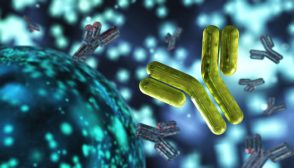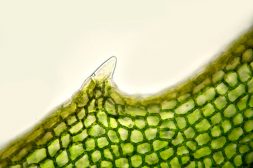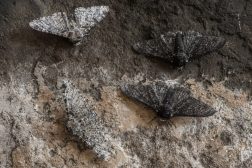Definition
noun
The study of the structure and function of cellular components, such as proteins, carbohydrates, lipids, nucleic acids, and other biomolecules, and of their functions and transformations during life processes
Supplement
Biochemistry is a field in chemistry associated with biology. It is concerned primarily with the chemistry of compounds and processes occurring in organisms. It deals with the chemistry of living cells, tissues, organs, and organisms. Its main objective is to understand how biomolecules relate to a particular process (metabolism) within a living cell. It attempts to study structures, functions, and interactions of proteins, nucleic acids, carbohydrates, and lipids to enable life.
Biochemistry is different from a closely related biology field, molecular biology. The latter is more concerned at the molecular mechanisms, genes, DNA, and other genetic materials involved in life processes.
Biochemistry became a specific scientific discipline some time in 18th century. Carl Alexander Neuberg was one of the first founders of biochemistry and therefore was referred to as the father of modern biochemistry.1
Word origin: bio- (life) + chemistry
Synonym(s):
- biological chemistry
See also:
Reference(s):
1 Schüring, M. (27 April 2009). Susanne Heim, Carola Sachse, Mark Walker, eds. The Kaiser Wilhelm Society Under National Socialism. Cambridge University Press. p. 401







